Heat pumps are essential for maintaining comfortable temperatures in your home year-round. Like any complex machinery, they require regular upkeep to function optimally. Recognizing the signs that your heat pump needs servicing can save you from unexpected breakdowns and costly repairs.
Unusual noises, decreased efficiency, and inconsistent temperatures are key indicators that your heat pump may need professional attention. These issues often stem from worn components, refrigerant leaks, or clogged filters. By addressing these problems promptly, you can extend the lifespan of your unit and ensure it operates at peak performance.
Regular maintenance is crucial for heat pump longevity and efficiency. Scheduling annual heat pump check-ups with a qualified technician can help identify potential issues before they escalate. This proactive approach not only keeps your system running smoothly but also helps maintain energy efficiency, potentially lowering your utility bills.
Recognizing the Signs That Your Heat Pump Needs Maintenance
Your heat pump may exhibit warning signs when it requires professional attention. Being aware of these indicators can help you address issues promptly and maintain optimal performance.
Unusual Sounds and Reduced Airflow
Listen for strange noises coming from your heat pump. Grinding, squealing, or rattling sounds often indicate mechanical problems that need immediate attention. These noises can stem from loose components, worn bearings, or debris in the system.
Pay attention to changes in airflow from your vents. Reduced air output may signal clogged filters, blocked ducts, or a failing blower motor. If you notice weak airflow, check and replace your filters first. If the issue persists, it's time to call a technician.
Inspect your outdoor unit regularly. Strange noises or visible ice buildup on the coils during winter are red flags that require professional assessment.
Inconsistent Heating and Cooling
Monitor your home's temperature consistency. If some rooms are too hot or cold while others remain comfortable, your heat pump may be struggling to distribute air evenly. This could indicate problems with your ductwork or the heat pump itself.
Check if your system is cycling on and off more frequently than usual. Short cycling can lead to increased energy consumption and wear on components. It may be caused by a faulty thermostat, refrigerant issues, or an oversized system.
Pay attention to how long it takes to reach your desired temperature. If your heat pump runs continuously without achieving the set temperature, it might be losing efficiency due to refrigerant leaks or compressor problems.
The Impact of Regular Heat Pump Maintenance
Regular heat pump maintenance plays a crucial role in keeping your system running smoothly and efficiently. It affects multiple aspects of your heat pump's performance and longevity.
Extended Equipment Lifespan
Heat pump maintenance significantly extends the life of your system. Annual check-ups help identify and address minor issues before they become major problems.
During these visits, technicians clean or replace filters, check refrigerant levels, and inspect electrical connections. They also lubricate moving parts to reduce wear and tear.
Regular upkeep can add years to your heat pump's lifespan. This saves you money on premature replacements and ensures reliable heating and cooling for your home.
Maintaining Energy Efficiency
Proper maintenance keeps your heat pump operating at peak efficiency. A well-maintained system uses less energy to heat and cool your home.
Dirty filters, low refrigerant levels, and worn components can all decrease efficiency. These issues force your heat pump to work harder, increasing energy consumption and utility bills.
Annual maintenance helps catch and correct these problems. Technicians clean coils, check for leaks, and ensure proper airflow. These steps keep your system running efficiently, saving you money on energy costs.
Ensuring Indoor Air Quality
Heat pump maintenance directly impacts your home air quality. Regular filter changes and coil cleaning prevent dust, pollen, and other pollutants from circulating through your home.
Clean filters and coils also reduce the growth of mold and bacteria in your system. This helps protect your family from respiratory issues and allergies.
During maintenance visits, technicians can identify and address any air quality concerns. They may recommend upgrades or additional filtration systems to further improve your indoor air.
How To Conduct Heat Pump Servicing
Regular servicing keeps your heat pump running efficiently and prevents costly breakdowns. Properly maintaining key components like filters, refrigerant, and coils is essential for optimal performance.
Checking and Replacing Air Filters
Inspect your heat pump's air filters monthly. Remove the filter and hold it up to a light source. If you can't see light passing through, it's time for a replacement.
For washable filters, rinse with warm water and mild detergent. Let the filter dry completely before reinstalling.
Replace disposable filters with new ones of the same size and type. Ensure the airflow arrow on the filter points toward the unit.
Mark your calendar to check filters regularly. Clean or replace them every 1-3 months, depending on usage and air quality in your home.
Assessing Refrigerant Levels and Electrical Connections
Check refrigerant levels annually. Low refrigerant can indicate a leak and reduce efficiency.
Use a pressure gauge to measure refrigerant pressure. Compare readings to manufacturer specifications.
Inspect electrical connections for signs of wear, corrosion, or loose fittings. Tighten any loose connections carefully.
Test voltage and amperage at the compressor and fan motors. Ensure readings fall within the proper range specified by the manufacturer.
Look for signs of refrigerant leaks, such as oil stains or hissing sounds. If you suspect a leak, contact a professional HVAC technician immediately.
Inspecting Evaporator Coils and Clearing Debris
Locate the evaporator coils in your indoor unit. Turn off power to the system before inspecting.
Remove the access panel and inspect coils for dirt, dust, or mold. Clean dirty coils with a soft brush or coil cleaner solution.
For the outdoor unit, clear away leaves, grass clippings, and other debris. Maintain at least 2 feet of clearance around the unit.
Straighten any bent coil fins using a fin comb. Be gentle to avoid damaging the coils.
Clean the condensate drain line with vinegar or a commercial cleaner to prevent clogs and water damage.
Check the outdoor fan blades for damage or imbalance. Clean them with a damp cloth to ensure proper airflow.
When to Call a Professional HVAC Technician
Professional HVAC technicians have the expertise to handle complex heat pump issues. They can diagnose problems and perform repairs that require specialized knowledge and tools.
Diagnosing Mechanical and Electrical Issues
If your heat pump makes unusual noises or fails to start, it's time to call a professional. HVAC technicians can identify faulty components like motors, compressors, or capacitors. They have the tools to test electrical connections and circuits safely.
When your utility bills spike unexpectedly, a technician can check for efficiency issues. They'll inspect ductwork for leaks and ensure proper airflow. If your indoor comfort suffers despite adjusting thermostat settings, a pro can pinpoint the cause.
Regular maintenance by a professional helps prevent breakdowns. They'll clean coils, lubricate moving parts, and check refrigerant levels. This keeps your system running smoothly and can extend its lifespan.
Handling Refrigerant Leaks and Major Repairs
Refrigerant leaks require immediate attention from a certified HVAC contractor. These professionals have the proper equipment to detect and repair leaks safely. They can recharge the system to ensure optimal performance.
For major repairs like replacing compressors or heat exchangers, always rely on experts. These jobs often involve working with high-voltage electricity and specialized components. Attempting DIY repairs on these issues can be dangerous and may void warranties.
If your heat pump is over 10 years old and frequently needs repairs, consult a technician. They can help you decide if it's more cost-effective to replace the unit. A new, energy-efficient model could significantly reduce your energy bills.

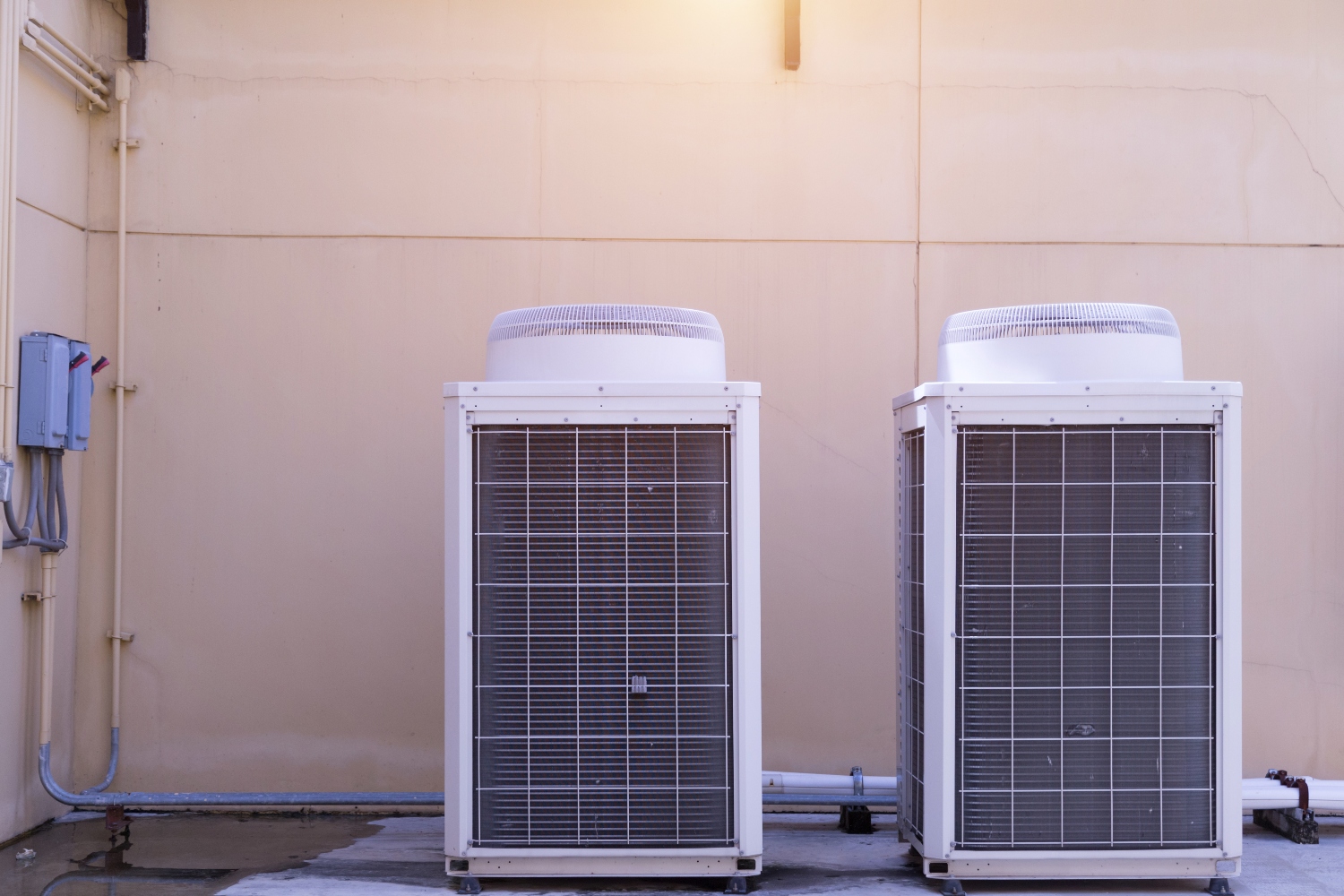
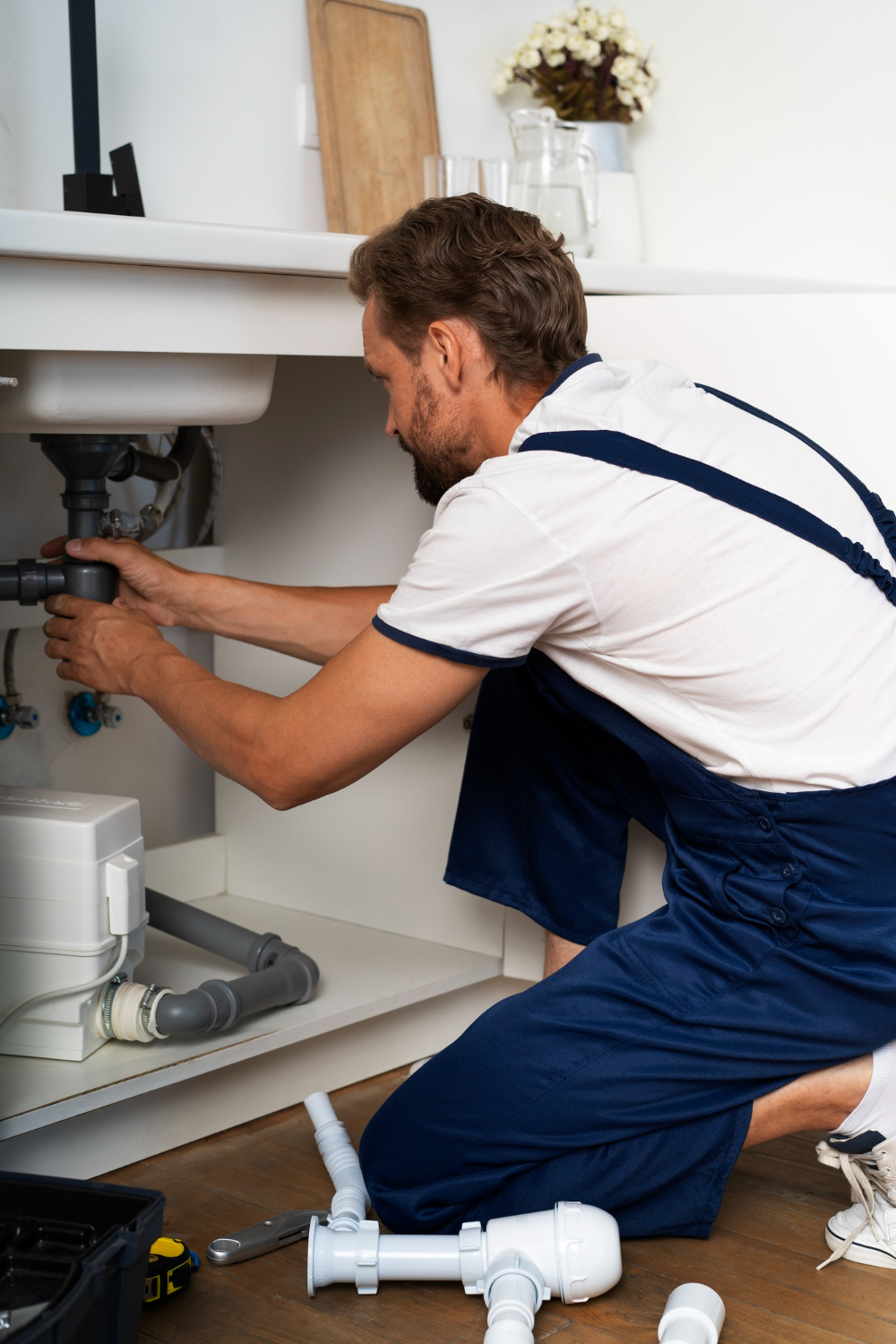
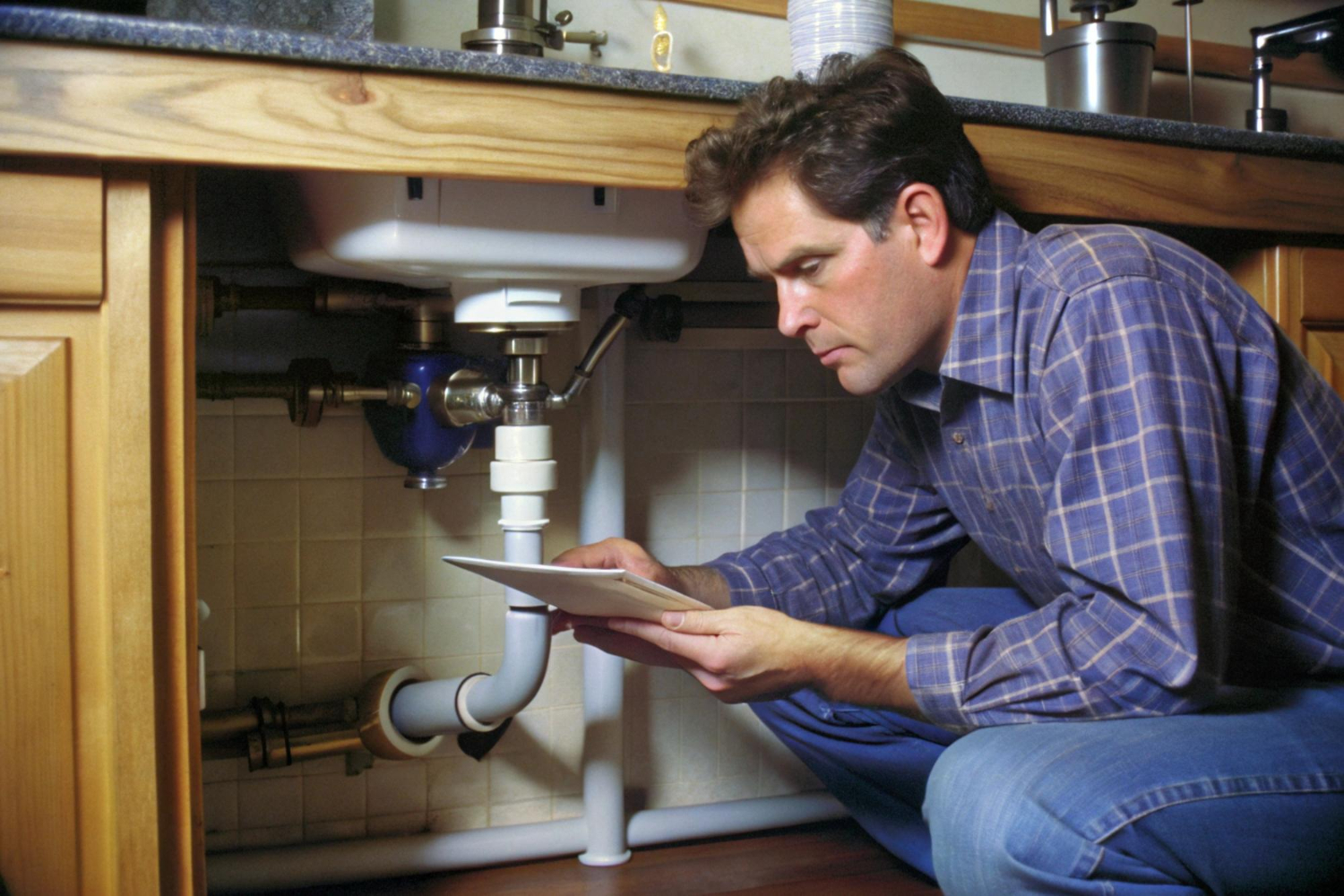
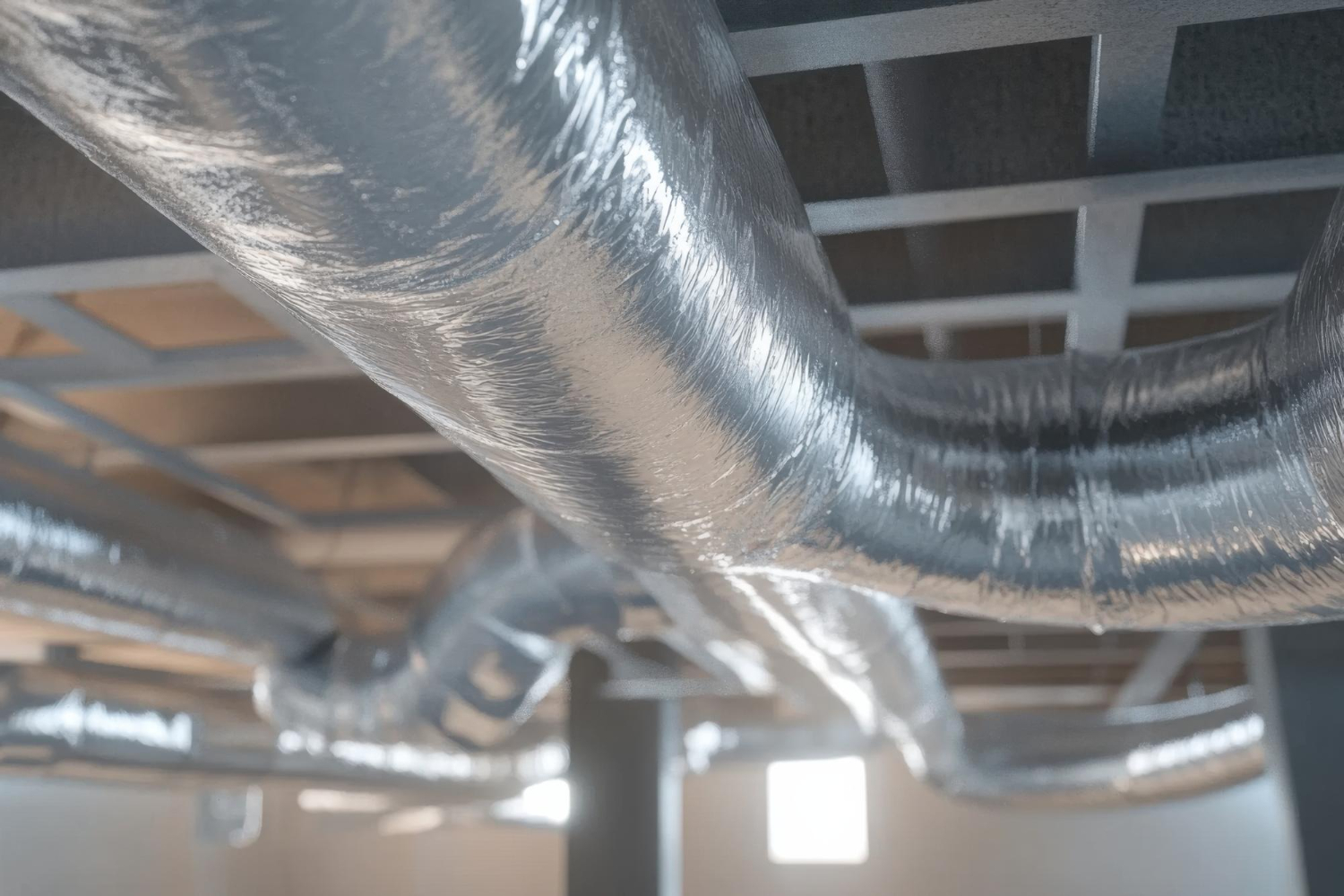
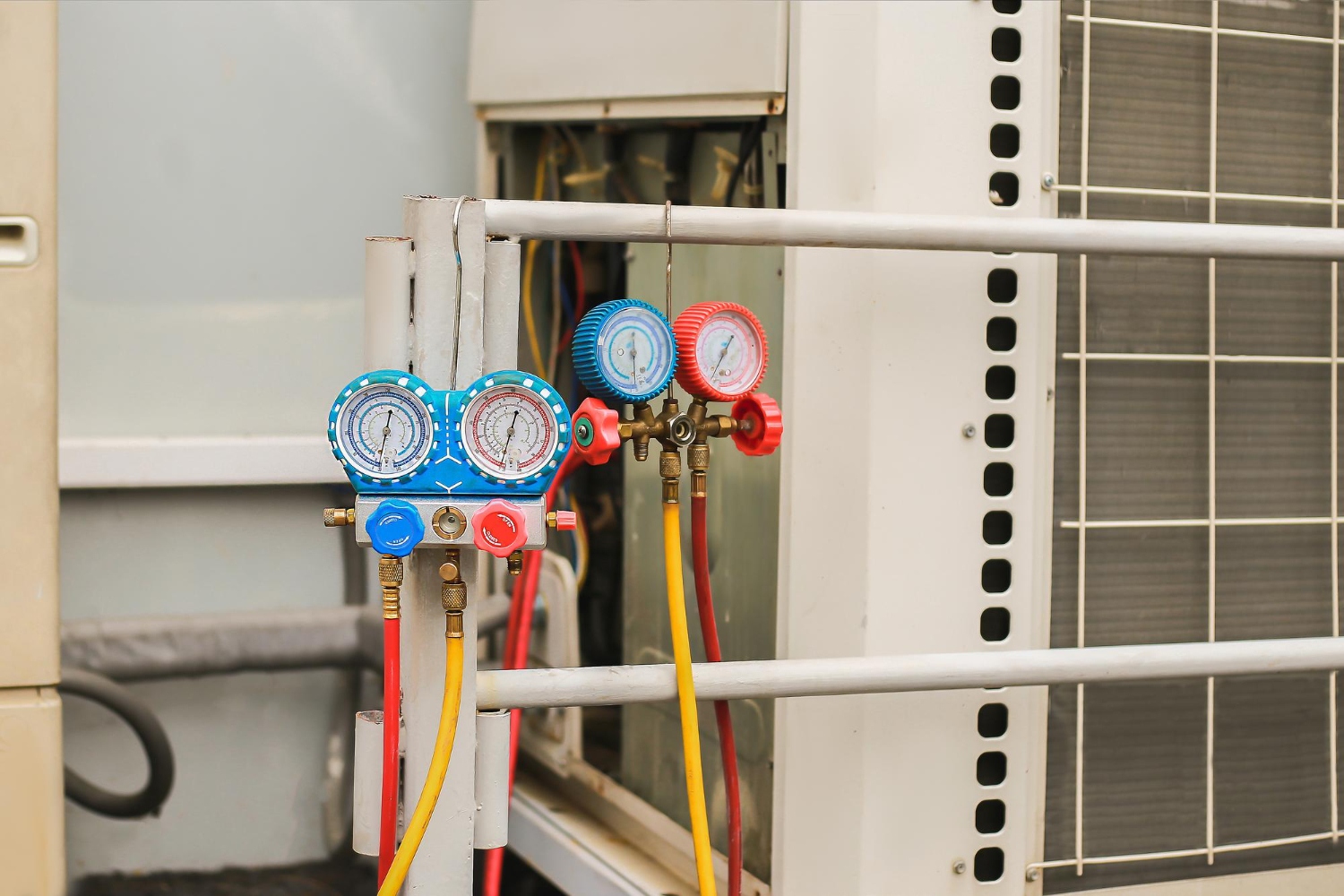
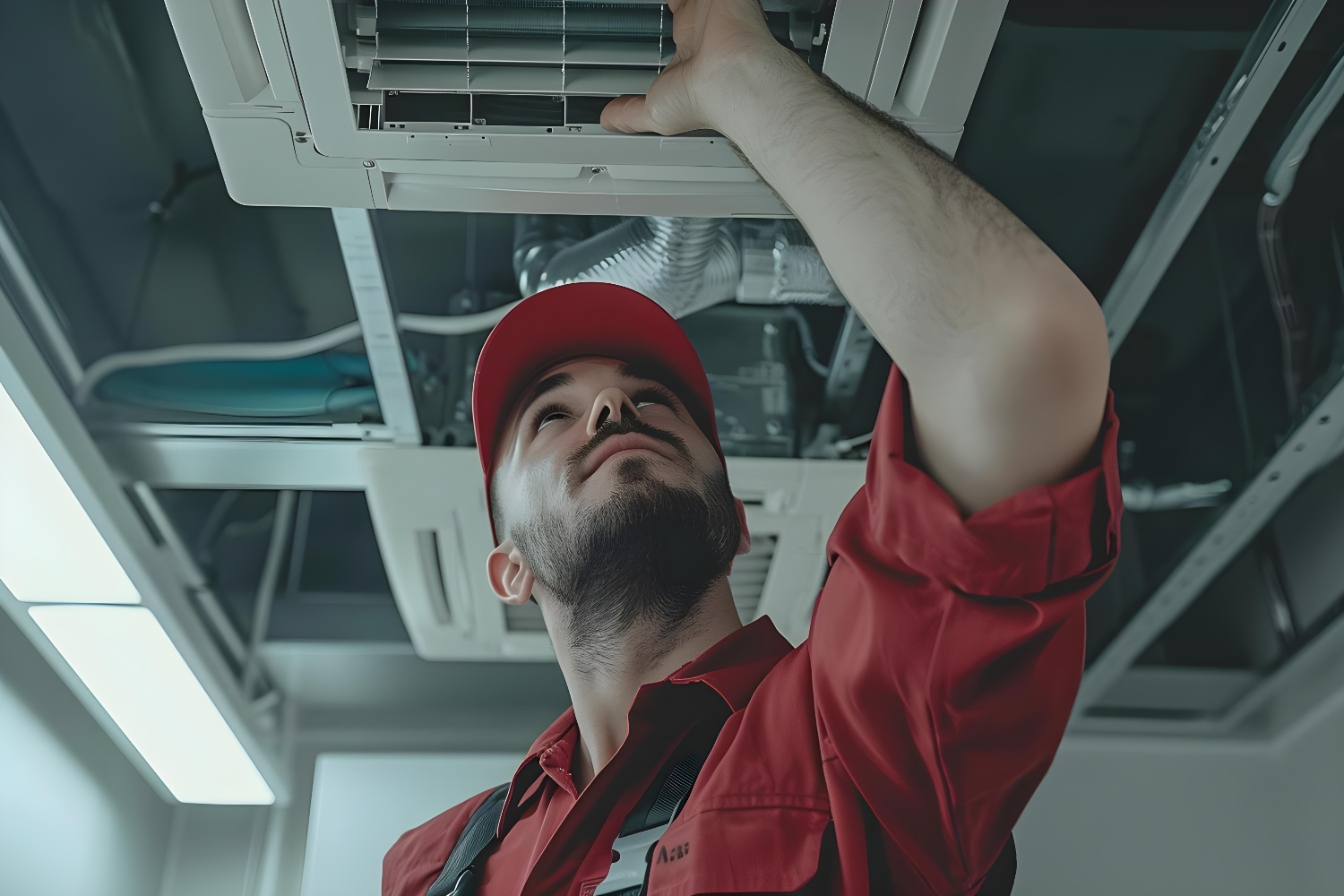
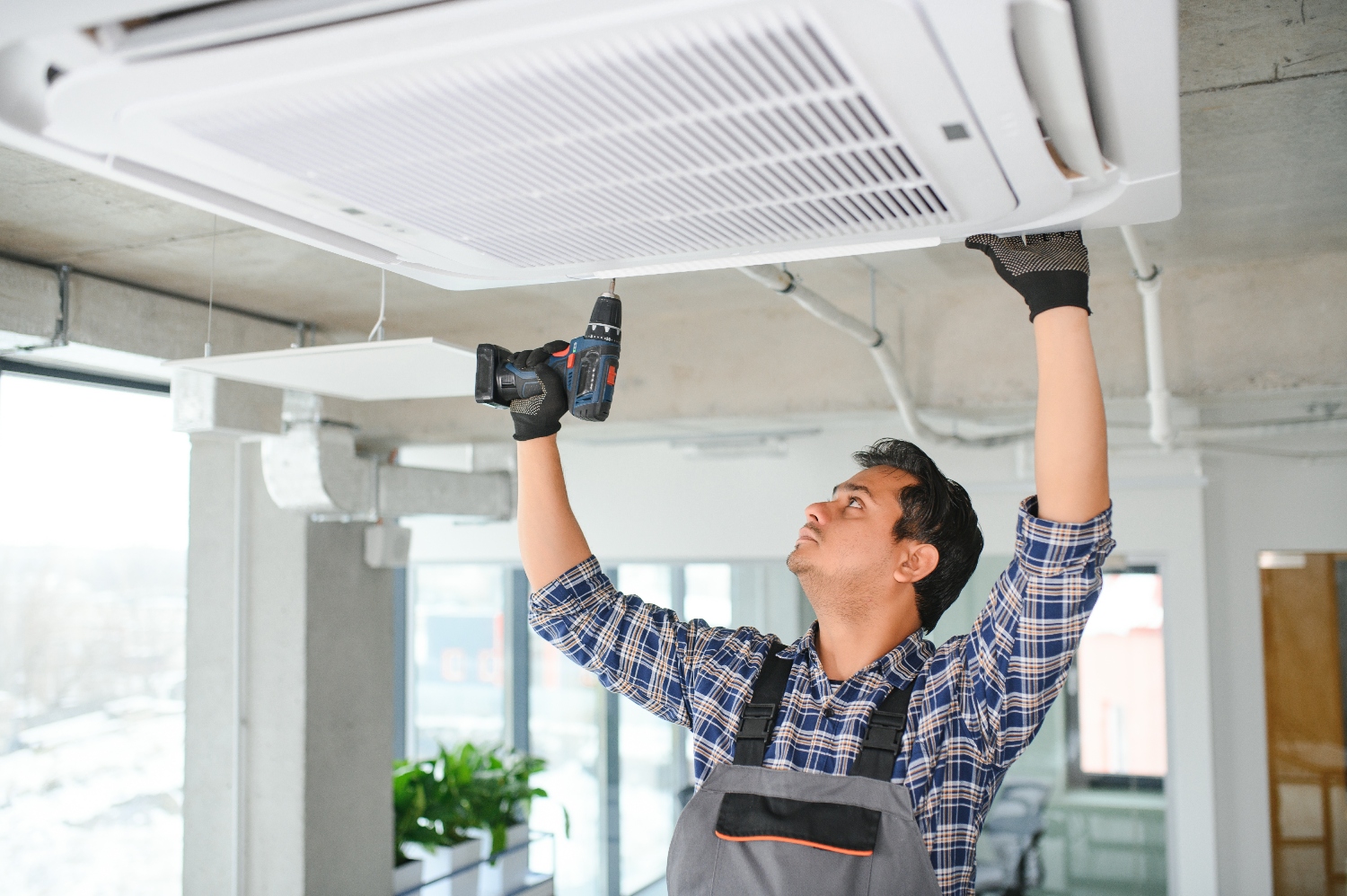
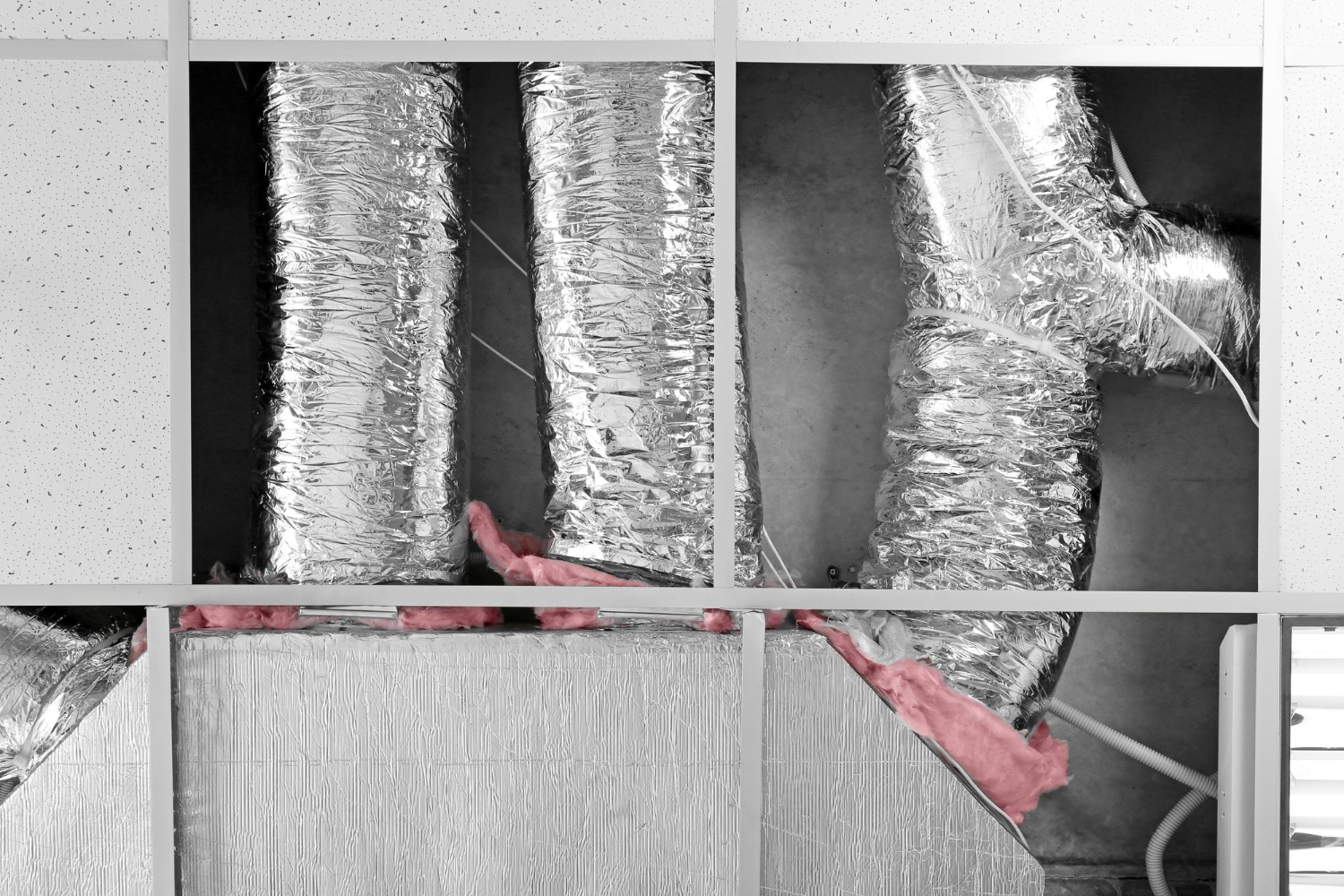































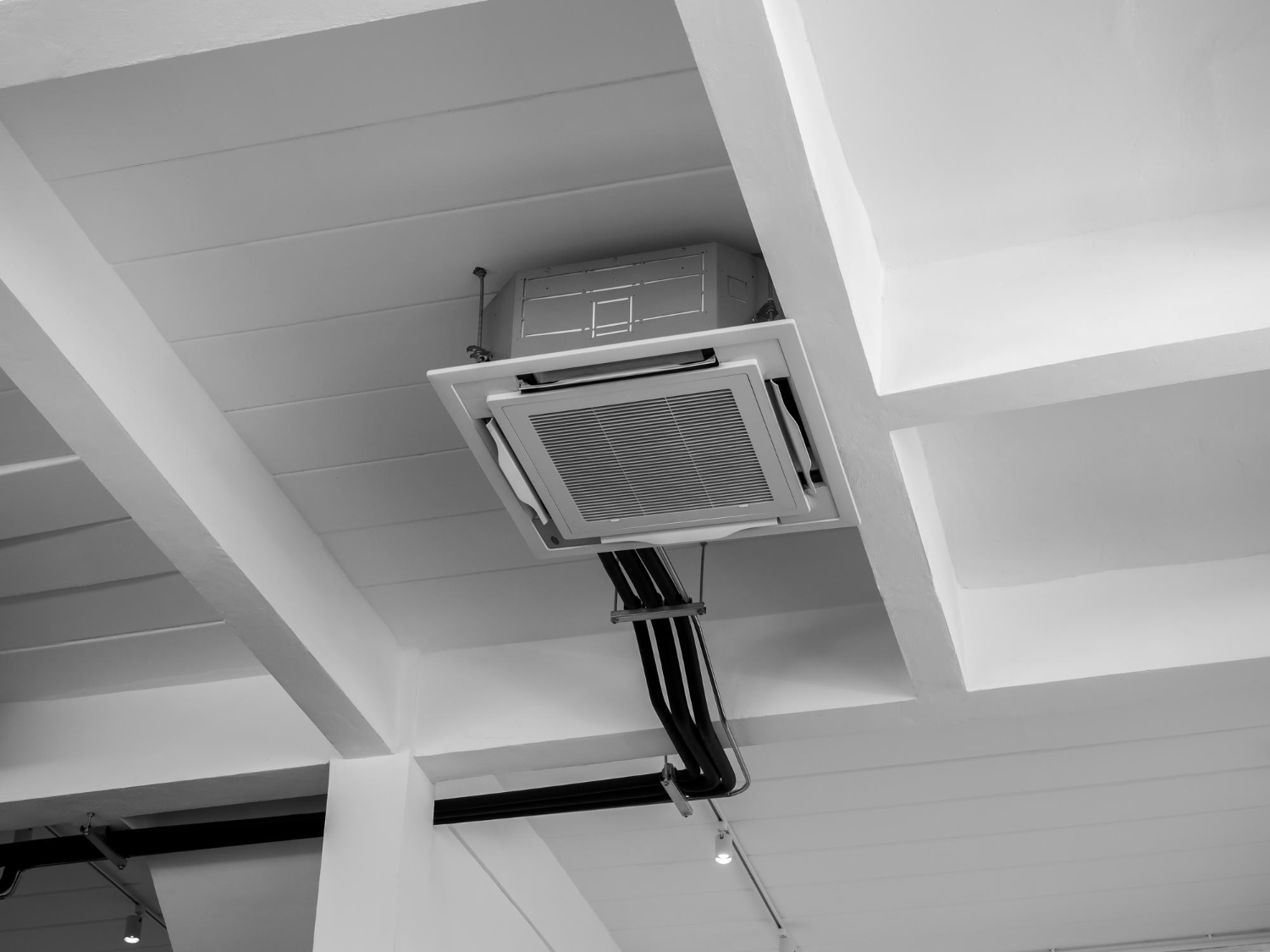




























.jpg)
.jpg)

.jpg)
.jpg)




















